In the process of revisiting the films of Terrence Malick I recently watched Days Of Heaven again. I hadn’t thought much of it when it first came out and I wondered if I’d missed something, but it still struck me as a colossal misfire. The film has some beautiful shots in it — it is, among other things, an epic celebration of magic hour — but it never gave me a strong sense of place, the way Malick’s later films do.
The farm where most of the story takes place feels synthetic, perhaps on purpose, to suggest a mythic location — with its surreally isolated and enormous main house — but in fact it just suggests a movie location. There are lots of lovely shots of wheat harvesting, but you never get a sense of the reality of a wheat harvest, the way you get a sense of combat in The Thin Red Line.
The story is interesting on its face but the clunky dialogue and miscalculations by some of the actors make the tale feel synthetic, too. Brooke Adams, pretty as she is, doesn’t have a lot of presence on screen, and Richard Gere for some reason chooses to strut around the prairie like a would-be 50s hipster — he doesn’t really inhabit the period setting.
It’s always fascinating to watch Sam Shepard on screen, with his intriguing mixture of reticence and physical self-possession, the physical self-possession of a good horsebacker, a mixture familiar in many Western stars of the past. But it’s 15 year-old Linda Manz who provides the film with its only real juice — she’s always riveting as a screen presence, and her quirky voice-over narration gives the film a kind of coherence that it would otherwise lack.
Apparently her narration was an afterthought by Malick, which he tried when he couldn’t get the film to cut together in a way that satisfied him. It helps, but not enough.
Something happened to Malick in the legendary twenty-year sabbatical from filmmaking he took after finishing this film. The next film he made, The Thin Red Line, is a much more assured piece of work, in which brilliant images create palpable spaces and places, and in which his use of actors is more adventuresome and exciting.
Days Of Heaven got a mixed reception on its initial release but has since grown in stature among critics — maybe just because it reminds us today of a time when filmmakers actually knew how to make memorable shots. It hasn’t grown in stature for me, however — it still feels like a dessicated work, with ambitions its director didn’t quite have the means to realize.
What I remember of it most vividly is a long take of Manz doing a kind of clog dance on a board with a black field hand. It’s a simple but magical piece of cinema, and points the way to many such moments of simple magic in Malick’s later films.

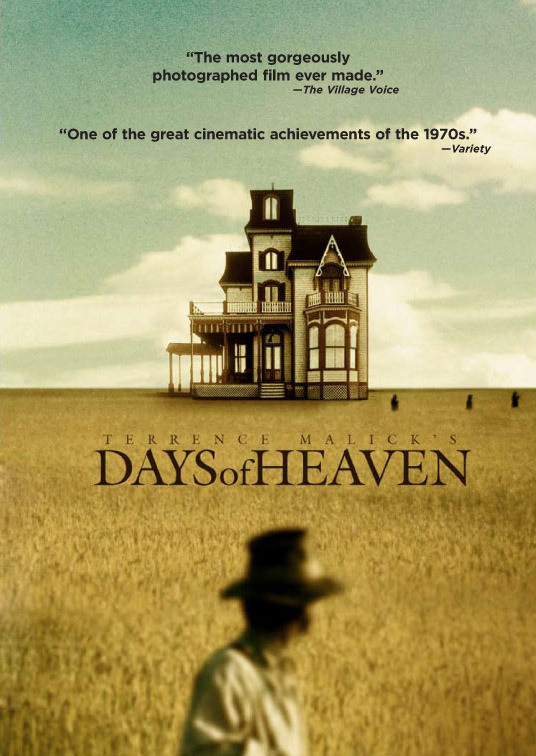
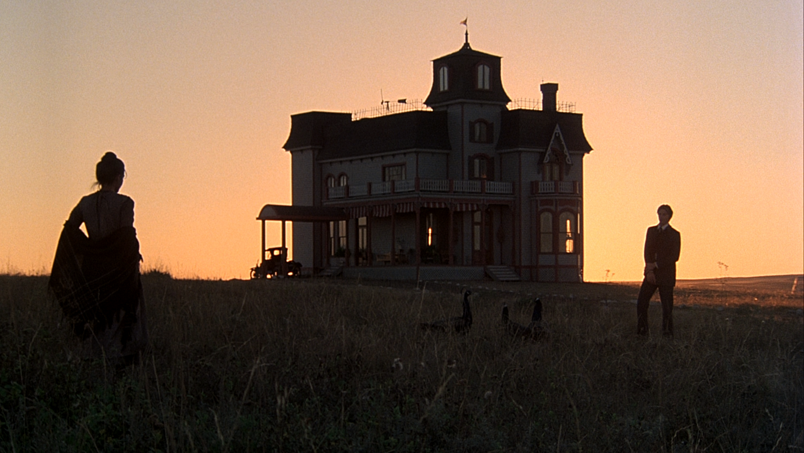
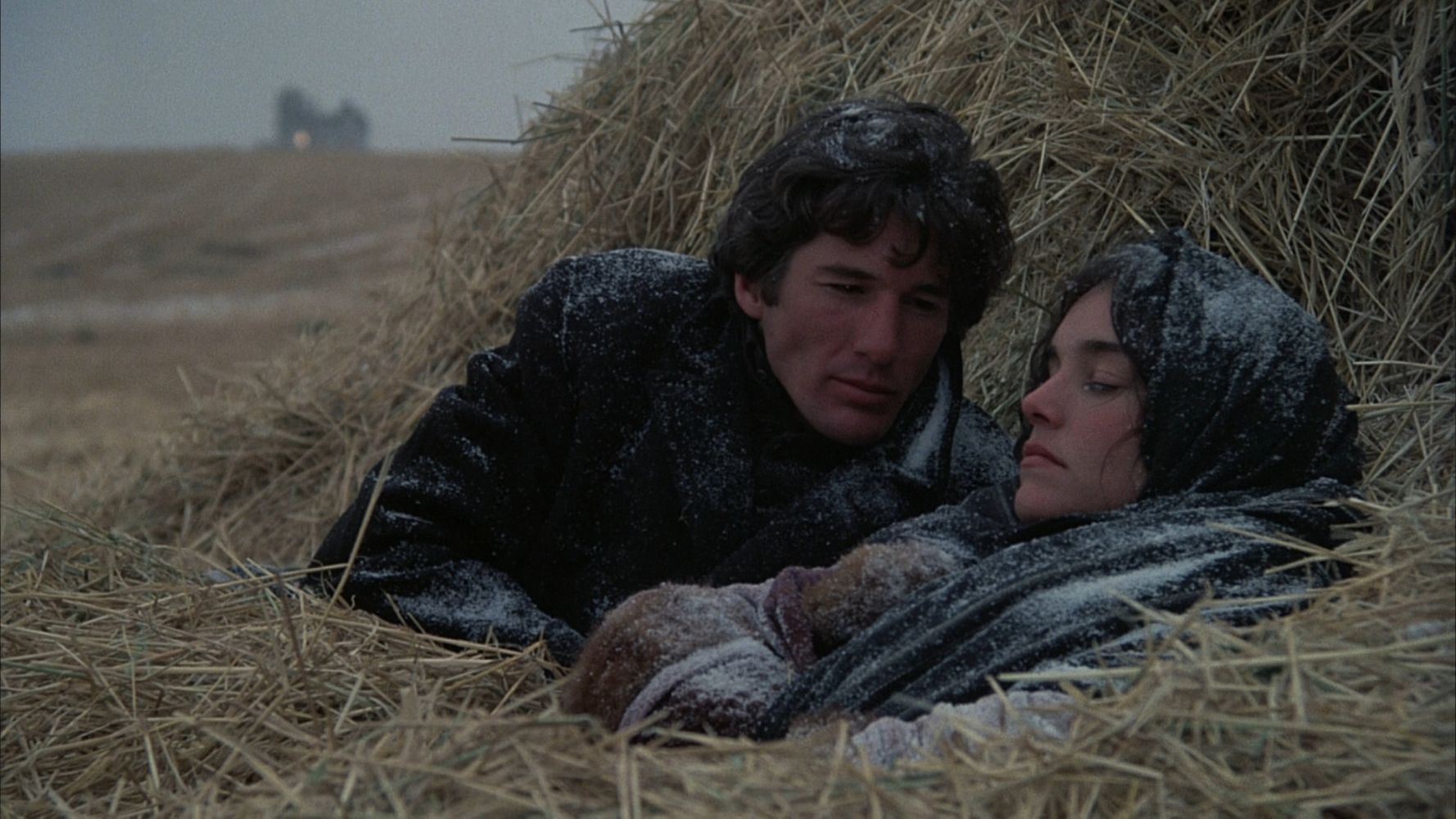
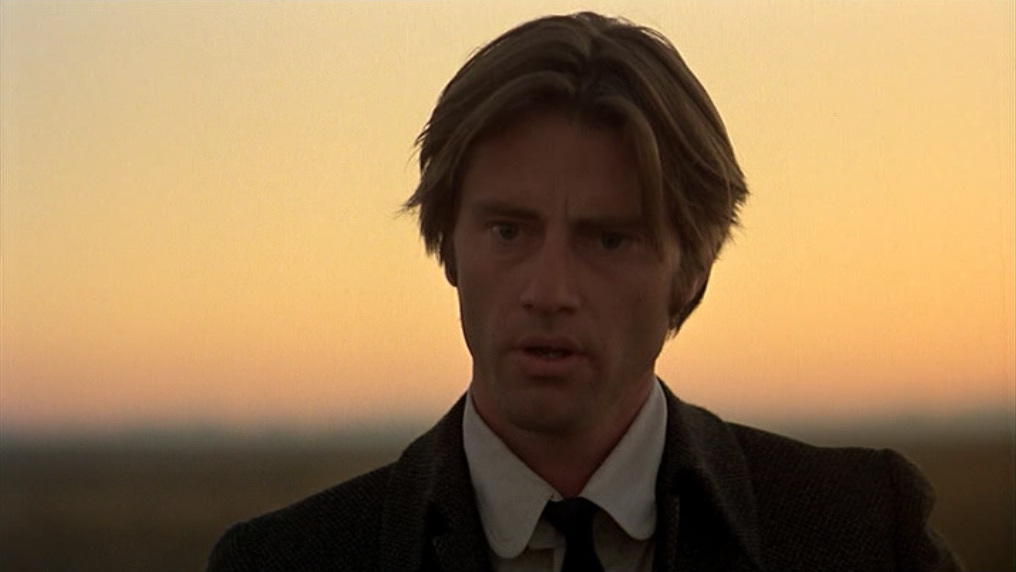
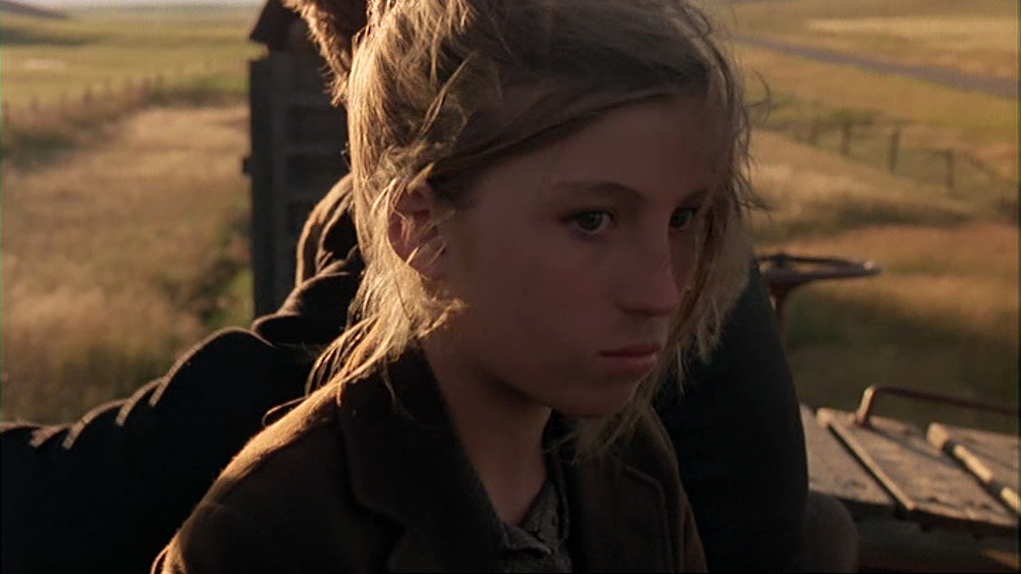
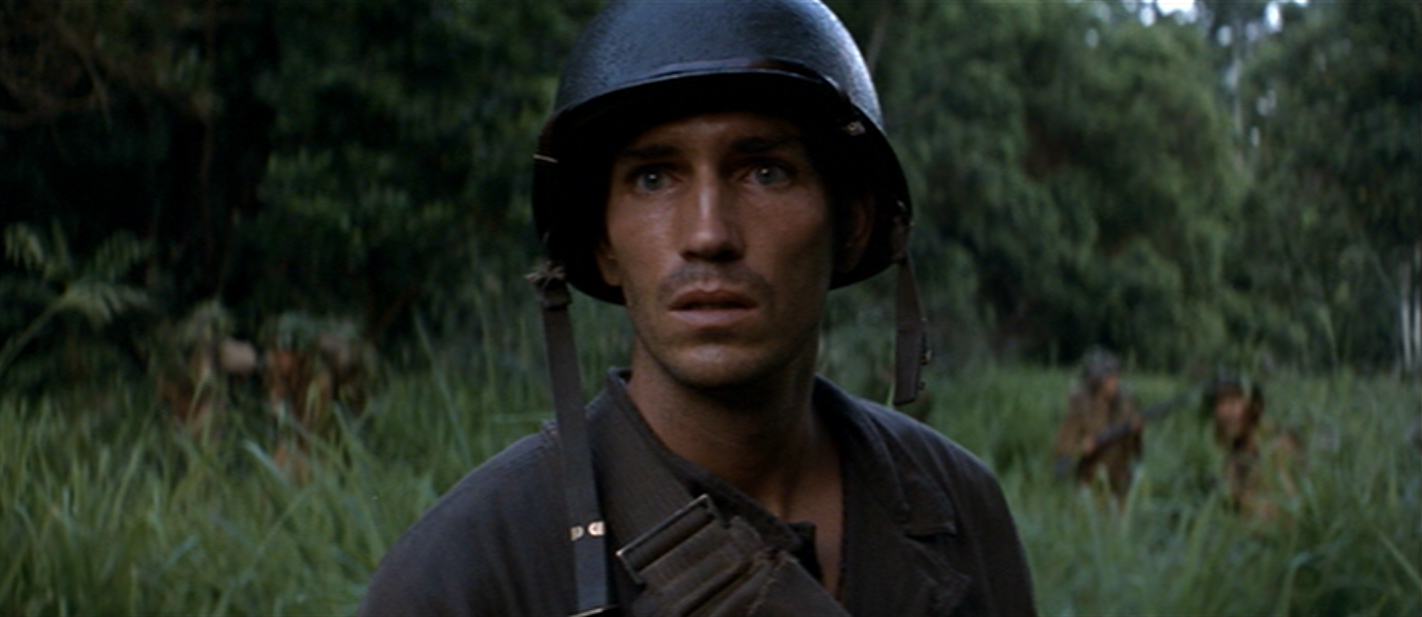
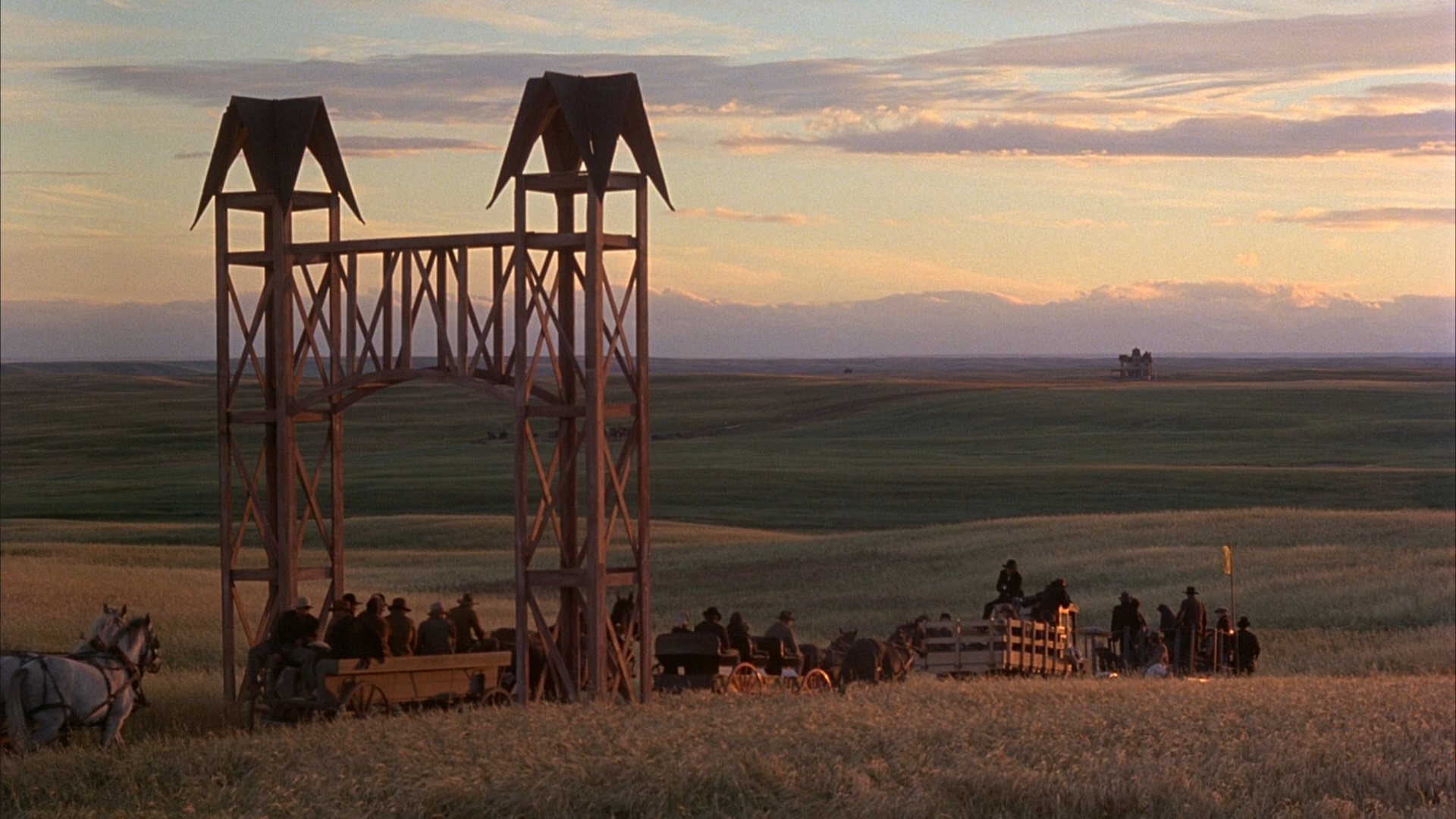
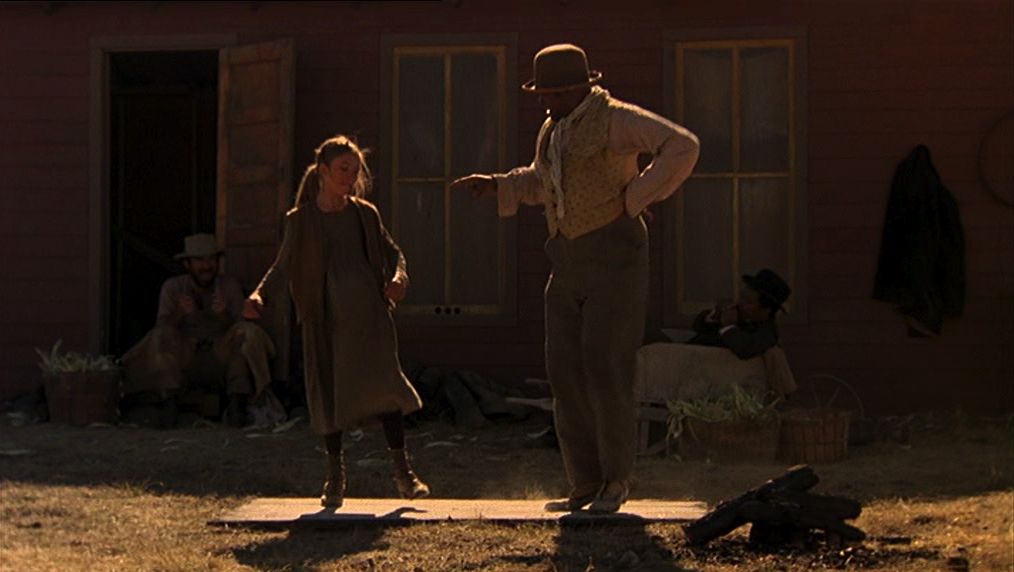
to my mind the turning point of the film comes in one image which might be symbolic in a forced way, but it worked for me and seemed beautiful at the time … the dropped wine glass seen under the water …
There are lots of beautiful images in the film — they just didn’t seem to me to be serving the tale in an organic way.
Beautiful photography and cinematography! Thanks for sharing. I ran into these photos by chance, and I’m so glad that I did. 🙂
http://www.AssafKoss.com